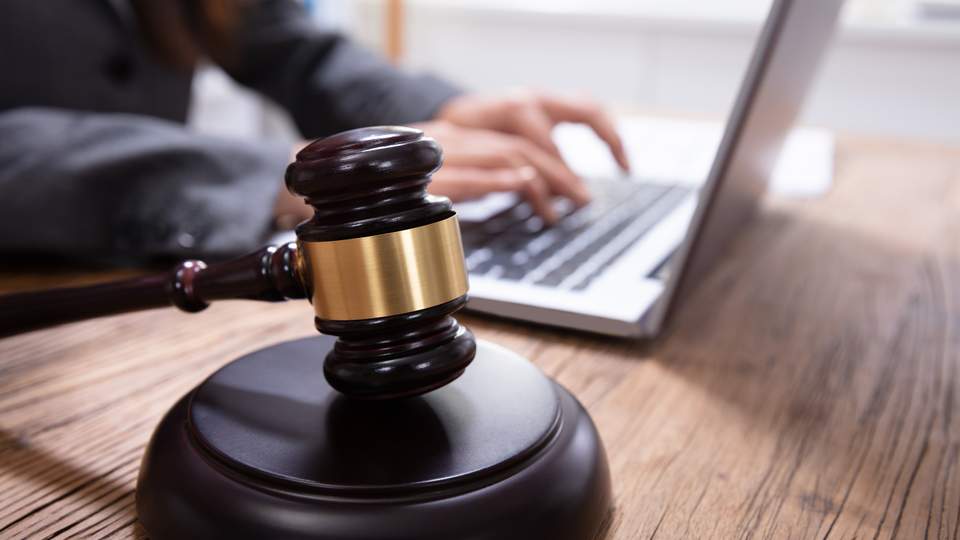Applicable to:
Online content sharing service providers. This means a company or organisation that offers a service on the internet, the main purpose of which is to offer users the possibility to upload copyright protected works. The company organises this content and promotes it for profitable purposes. In other words, this article applies for services such as YouTube, Facebook, etc.
The following web services do not fall under this provision:
- non-profit online encyclopaedia
- non-profit educational and scientific online libraries
- platforms to develop and share open source software
- online marketplaces
- B2B cloud services
- cloud services where you upload content for private use.

Provision:
The Content Sharing Service Provider (CSSP) has to ask permission of the copyright owner to show the content. If he does not have permission, or he does not get permission (the copyright owner may refuse this) the online CSSP is liable for the infringement of copyrights, unless he can prove that he
- made an effort to get this permission, and
- made an effort to ensure that certain works, about which the copyright owner provides the necessary information, cannot be uploaded and made available, and
- immediately after receiving a notification of the copyright owner, removes the works in question or makes access to them impossible, and
- ensures the content can no longer be uploaded in the future.
Exception:
As always copyright protected works can be uploaded
- for use as a quote
- to criticise, for discussion purposes
- to turn it into caricature, parody or pastiche
Conclusion:
A number of measures have been incorporated into art. 17 to prevent the CSSPs from massively using upload filters that work on algorithms. Because they would go through the content indiscriminately and also remove all parody for instance. This is why the CSSP should develop a comprehensive system for users if they have a complaint about incorrectly removed content. On the other hand, there must also be a system for the copyright owner, his complaints must be handled immediately, and the decision must be made by people.
It is feared that the installation of upload filters and the development of a complaints mechanism will lead to many extra costs. This means that starting websites, small players would have little chance to be successful. . This is why art. 17 contains an exception: new content sharing service providers, which have been operating in the EU for less than three years and whose turnover is less than EUR 10 million, do not fall under this provision.
-

Crystal clear: copyright reform in the EU
29 March 2019Art. 15 and 17 of the EU 'Copyright in the Digital Single Market' directive are causing considerable controversy. What do these texts imply? -

Article 15: 'link tax'
This applies to the publishers of press publications, whose works (press publications) are used online by information society service providers. The non-commercial or private use of a press publication by an individual user does not fall under this provision.

With this article, we support the United Nations Sustainable Development Goals.
